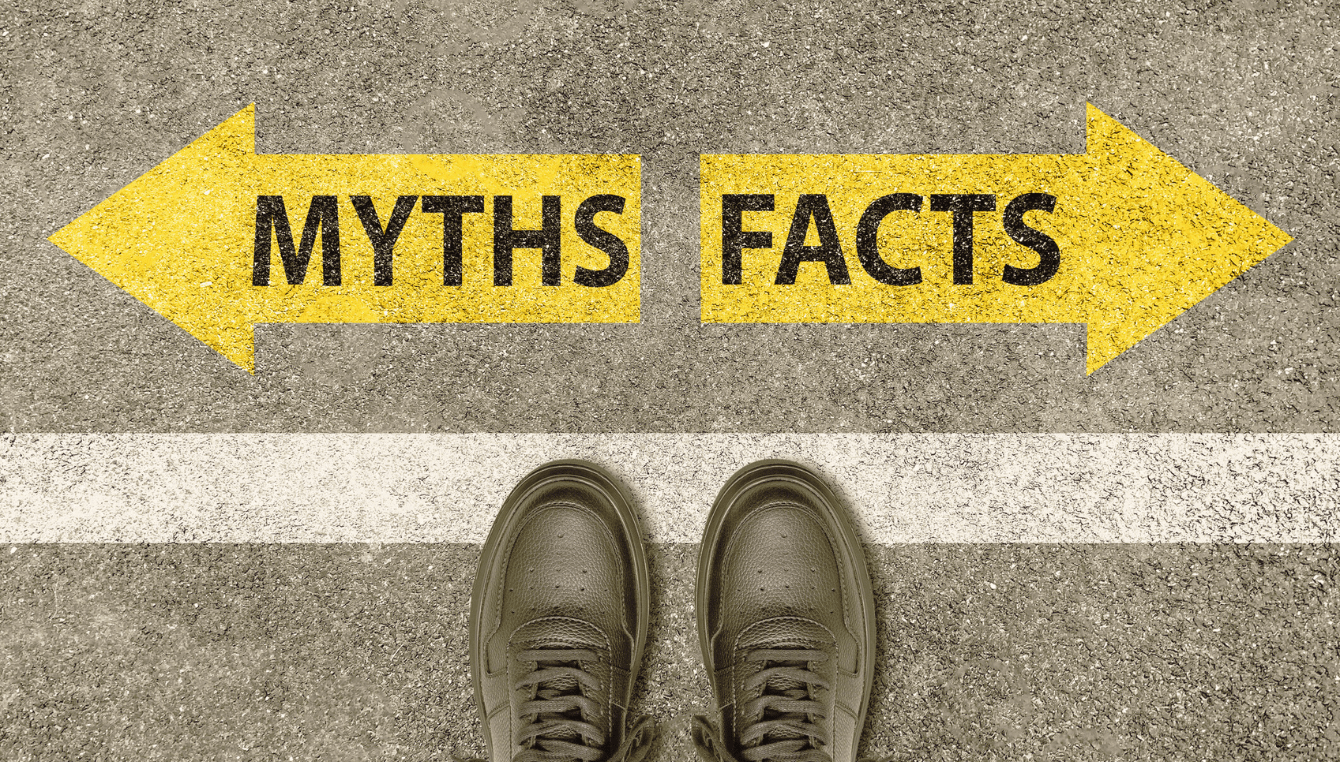
“There are no morals about technology at all. Technology expands our ways of thinking about things, expands our ways of doing things. If we’re bad people we use technology for bad purposes and if we’re good people we use it for good purposes.” –Herbert A. Simon
Honesty, a fundamental pillar of societal integrity, finds itself both fortified and undermined within the realms of cognitive science, the democratic ethos, and sustainable well-being.
There is an intricate tapestry woven between human cognition, democracy, and sustainable well-being. The concept of honesty acts as both cornerstone and casualty, affected by the amalgamation of facts, fiction, and the technological labyrinth that pervades our modern existence.
Cognitive science unveils the intriguing mechanics of human cognition, unraveling the ways we perceive and process information. The interplay of facts and fiction often blurs the lines between truth and deceit, echoing the idiosyncrasies of our cognitive processes. Misinformation and manipulated narratives disrupt our understanding of reality, challenging the very foundation of honesty.
In a democratic landscape, the veracity of information is crucial. Honest discourse, truthful representation, and integrity in governance are pivotal for a functional democratic society. However, the proliferation of misinformation, propagated through various media and technology, poses a threat to the democratic principles, undermining trust and distorting reality.
The technology trap further complicates this landscape. Advancements in technology have offered both avenues for the dissemination of truth and a breeding ground for deceit. The digital era amplifies the spread of misinformation and blurs the line between facts and fiction, making it arduous to distinguish reality from fabricated narratives.
5 calls-to-action that can fortify the architecture of honesty:
- Embrace Critical Thinking: Encourage and foster critical thinking skills at all educational levels. Equip individuals with the ability to discern between credible information and fabricated narratives.
- Promote Media Literacy: Educate people on media literacy, enabling them to recognize misinformation and filter through the noise to find reliable sources.
- Prioritize Transparency: Hold leaders and institutions accountable for transparency and honesty. Cultivate an environment where truth-telling is rewarded and falsehoods are exposed and discouraged.
- Advocate Ethical Technological Use: Encourage responsible technology use. Technology should serve as a tool for information dissemination rather than a breeding ground for manipulation and falsehoods.
- Foster Honest Conversations: Create spaces for open, honest dialogues. Encourage discussions where differing perspectives can coexist, focusing on a shared commitment to truth and integrity.
The paradox of facts, fiction, and the technology trap challenges the architecture of honesty. By exercising the above calls-to-action and adhering to their principles, we can pave the way for a more honest, transparent, and resilient society, bolstering the foundations of democracy and sustainable well-being for all.
We mustn’t forget that there is a very human behavioral scaffold that supports the architecture of honesty. These human-powered structural elements, like universal beams, uphold the very essence of truthfulness and integrity in our society. Like the foundations of an edifice, they form the core framework for moral conduct, ensuring a solid and unwavering structure of honesty in every interaction, relationship, and endeavor.
These interrelated pillars of conduct also correlate to character strengths of happy people as defined by the grandfathers of Positive Psychology Drs. Martin Seligman and Chris Peterson.
Synergistic Character Strengths that Breed Honesty in Society:
- Transparency
- Accountability
- Sincerity
- Consistency
- Humility
- Ethical Principles
- Courage
- Empathy
Together, these values in action fortify the very fabric of honesty—and society. When earnestly practiced by citizens of the world, a more resilient framework is created that stands unwavering in the face of challenges and complexities, serving as the cornerstone of an optimal code of conduct and well-being for ourselves and the greater good.
Like what you’re reading? Have a listen to the Harvesting Happiness Podcast wherever you get your podcasts or dive deeper on the subject with More Mental Fitness by Harvesting Happiness on Substack or Medium.
Related Articles:
The Architecture of Honesty: Paradox of Facts, Fiction, and the Technology Trap
Lisa Cypers Kamen is a lifestyle management consultant who explores the art and science of happiness in her work as a speaker, author, and happiness expert. Through her globally syndicated positive psychology podcast, books, media appearances, and documentary film, Kamen has impacted millions of people around the world.
About The Author
learn more
browse services
CONTACT
OFFERINGS
ABOUT
NONPROFIT
PODCAST
Explore
Resources
SERVICES
SHOP
BLOG
PRIVACY POLICY
Our communications do not constitute mental health treatment nor is it indicative of a private therapeutic relationship.
Individuals seeking help for trauma related issues or other psychological concerns should seek out a mental health professional.
© 2010-2024 Harvesting Happiness
Website Design by Nadia Mousa